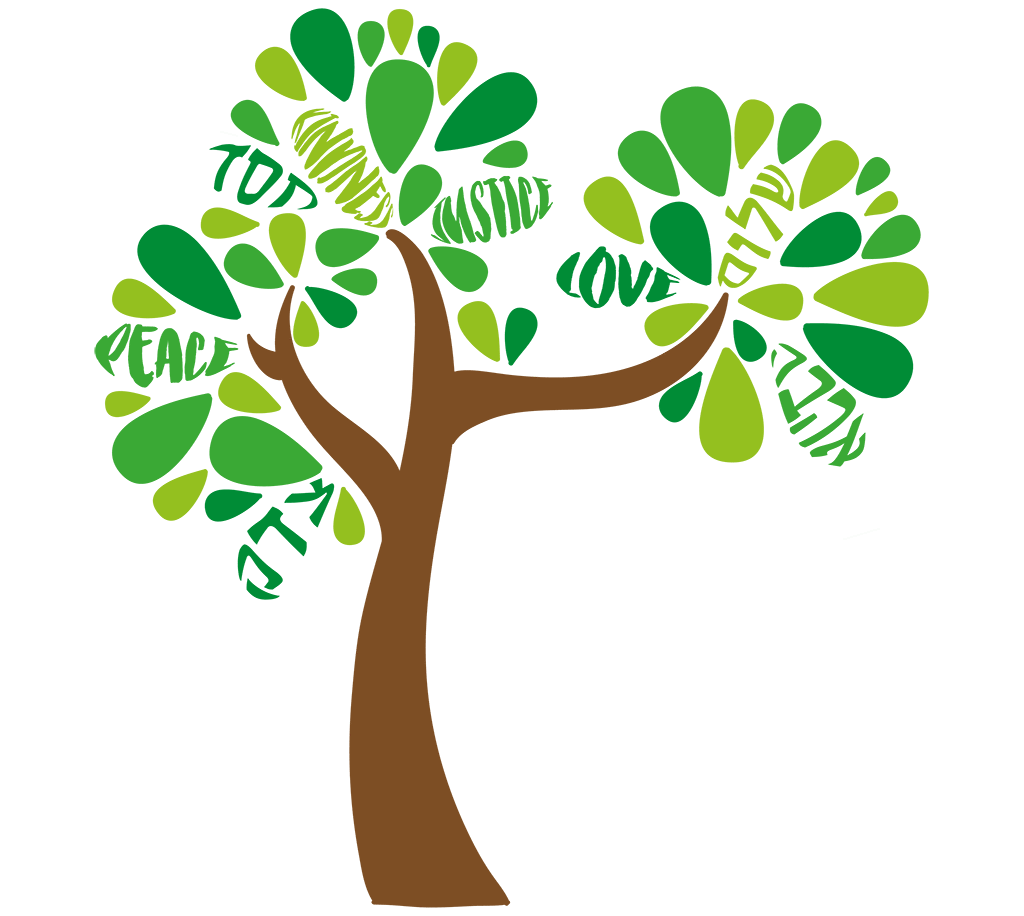
While Tu Bishvat’s most famous song paints an idyllic picture–“The almond tree is flowering and a pure golden sun is shining; birds atop every roof are heralding the arrival of the holiday…” — today’s environmental picture is less sunny. With the climate crisis and global warming as a prominent social, political and geological issue, it’s no wonder that Jewish communities use this holiday as a chance to draw attention to the environment.
Tu Bishvat is known as one of four new years in the Jewish calendar. (The others are the first of the Hebrew month of Nisan; designated by the Torah as “the head of months” because it marks the month of the Exodus from Egypt; the first of the Hebrew month of Elul, which used to be for animal tithing; and of course, Rosh Hashanah, which happens on the first of Tishrei.) No extra services or fasting required for this one. It’s all about celebrating fruits and our connection to the land, and adding an occasional shehecheyanu (the prayer said to acknowledge a new experience) over a fruit you might not have eaten in a while.
In pre-pandemic times, communities have planned hikes, picked fruits or plant gardens, anything to be outside and appreciative of the world outside our doors. Eco-educator Devorah Brous launched her From Soil 2 Soul company with the notion that: “we have to go outside with a sense of wonder and use that mindful observation. If we can infuse that into the holiday and create mindfulness, you can bring that into any classroom and service. Then every service can become a spiritual and mindful place.” Sponsored by the Mitzvah Learning Fund, Devorah will be leading an experiential workshop on Sunday morning January 31, 2021 to learn about our collective responsibility to the environment, why and how to compost with your family and how to plant something new that can really take root as ways to celebrate the holiday – see event details below.
Some communities hold a “Tu Bishvat Seder” that echoes elements of its Passover cousin: using ritual hand-washing, drinking wine, and consuming Israeli nuts and fruits as symbolic foods. The Tu Bishvat Seder isn’t some new-age, radical activist ritual: the tradition was born with the Kabbalists in the 16th century, and various communities have adapted it for their own use as part of a larger environmental agenda. To have your own, you can follow this guide at ReformJudaism.com. Or, on Wednesday, January 27, 2021, you can join MyJewishLearning.com with Kohenet Shamirah Chandler and Rabbi Dr. Jay Michaelson via Zoom for a free, interactive Tu Bishvat Seder that you can participate in from home. (Registration and more information can be found here.)
Today, our climate crisis demands conversation, legislation and an increased sense of personal responsibility for our planet. Here are some things you can do to wish the trees — and the planet — a happy, and greener, new year in 5781/2021:
- Learn more about how a plant-based diet can help the environment
- Check out the trailer for I Am Greta on Hulu
- Encourage your community to reduce or eliminate disposables
- Bring your own reusable water bottles, cups, cutlery, plates and straws
- Check out 4 Ways to Make 2021 More Sustainable
- Delve into some of the Kabbalistic texts around observance of Tu Bishvat on Sefaria (Pri Etz Hadar is available in Hebrew and English translation).
Esther D. Kustanowitz is a writer, editor and consultant based in Los Angeles.
Want new articles before they get published
Subscribe to our Awesome Newsletter.